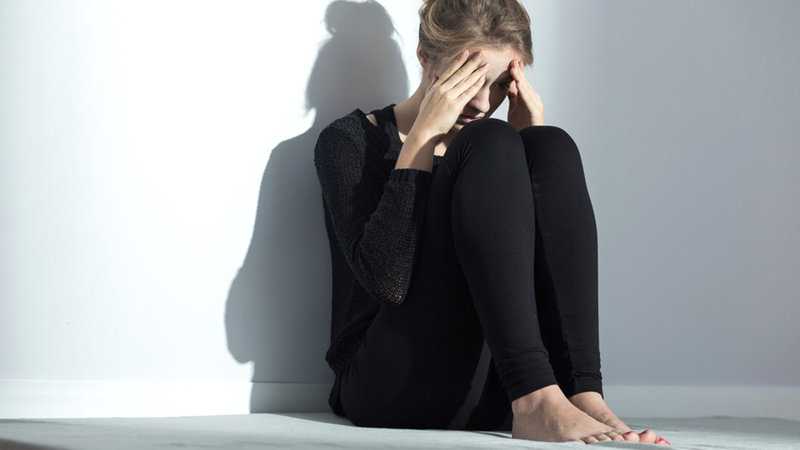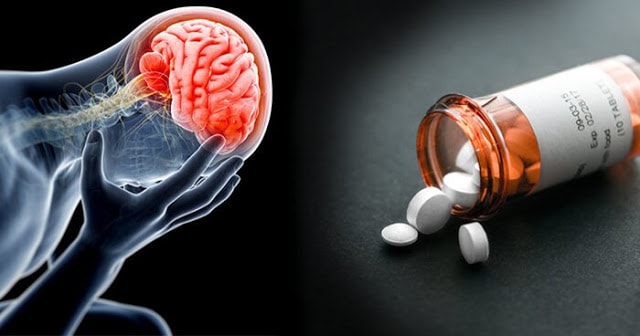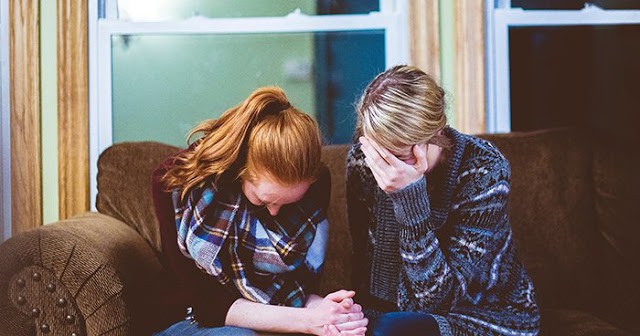by Azriel ReShel; UPLIFT
The Disease of Disconnection
We all know it, that dull ache of pointlessness, overwhelming sadness and a deep lack of interest in life. The fog of listless pain that blows in and then settles, trapping us inside it. Most of us have suffered at some point in our lives from depression. Be it a mild version following a major life event, or a more prolonged episode that can get so severe it entraps us in an ever compressing world of hopelessness to such an extent we consider ending our own lives.
Depression is one of the biggest issues in our world today. With record numbers of people suffering from the dark cloud, and soaring suicide rates, depression is a crippling disease reaching epidemic proportions.
Well-known author and journalist, Johann Hari, suffered from depression as a teen, taking anti-depressants from a tender age. Told, like so many others, his depression was the cause of a chemical imbalance in his brain, he later studied social sciences and embarked on a quest to discover the truth about the cause of his depression. He swallowed antidepressants like millions of others, and after 13 years of pills, without much change, and a broad investigation into the true causes of depression, he is calling for a different approach.
The Chemical Imbalance Myth
His amazing journey involved hundreds of interviews in over a dozen countries and led him to discover that almost everything we know about depression and anxiety is wrong.
I started to research my book, Lost Connections: Uncovering The Real Causes of Depression – and the Unexpected Solutions, because I was puzzled by two mysteries. Why was I still depressed when I was doing everything I had been told to do? I had identified the low serotonin in my brain, and I was boosting my serotonin levels–yet I still felt awful. But there was a deeper mystery still. Why were so many other people across the Western world feeling like me? Around one in five US adults are taking at least one drug for a psychiatric problem. In Britain, antidepressant prescriptions have doubled in a decade, to the point where now one in 11 of us drug ourselves to deal with these feelings. What has been causing depression and its twin, anxiety, to spiral in this way? I began to ask myself: Could it really be that in our separate heads, all of us had brain chemistries that were spontaneously malfunctioning at the same time?
He says that between 65% and 80% of people on antidepressants are depressed again within a year.
We’ve been telling ourselves this chemical story for 35 years and every year depression and anxiety gets worse.
The Power of Connection
Searching for answers to his own depression, he began a quest to solve the depression puzzle.
To find the answers, I ended up going on a 40,000-mile journey across the world and back. I talked to the leading social scientists investigating these questions, and to people who have been overcoming depression in unexpected ways–from an Amish village in Indiana, to a Brazilian city that banned advertising and a laboratory in Baltimore conducting a startling wave of experiments. From these people, I learned the best scientific evidence about what really causes depression and anxiety.
Drugs don’t heal the underlying causes of depression. In most cases, like Johann Hari’s, people aren’t even asked what’s going on in their life, or if there could be a possible cause of the depression. Johan’s research is strongly grounded in his own experience. He has battled the depression demon for much of his adult life and has a keen understanding of what it is to be depressed and all that entails.
I found there is evidence that seven specific factors in the way we are living today are causing depression and anxiety to rise–alongside two real biological factors (such as your genes) that can combine with these forces to make it worse.
During his journey of discovery he found scientific evidence that depression is caused by key issues with how we live. Seven of the nine depression causing factors he discovered are all rooted in disconnection. Disconnection from meaningful work, from other people, from meaningful values, and from childhood trauma. Disconnection from status and respect, from the natural world, and disconnection from a hopeful or secure future. Depression at its deepest roots, stems from a lack of connection. It is a disease of disconnection.
So What Does Heal Depression?
Understanding the root cause of depression is a vital first step in being able to cure it. Our longing for connection is innate. It never leaves us. Perhaps depression and anxiety are an early warning signal, an engine light alerting us to the malfunction in the car. Johann Hari says depression is a collective problem caused by something that has gone wrong with our way of living and our culture. These conditions show us there is something very wrong with the way society works. And, they give us an opportunity to make vital changes in our lives. He advocates reconnection, or what he calls a different kind of antidepressant.
Depression and anxiety might, in one way, be the sanest reaction you have. It’s a signal, saying you shouldn’t have to live this way, and if you aren’t helped to find a better path, you will be missing out on so much that is best about being human.
His new book suggests seven reconnections. We need to reconnect to other people, to social prescribing, to meaningful work, and to meaningful values. Reconnect to sympathetic joy and overcome the addiction we have to the self. We also need to acknowledge and overcome our childhood trauma and restore our future. It seems what’s called for in healing depression, is a complete and radical reconnection. To someone who’s depressed this may seem deeply overwhelming. but in a way it’s about rebuilding our lives. Rising like a phoenix from the ashes and saying: I want something different. I know there’s more out there for me, I know there’s a different way and I don’t have to do it alone.
READ Amazing Animal Heroes! Watch These Incredible Acts of Kindness
After I learned all this, and what it means for us all, I started to long for the power to go back in time and speak to my teenage self on the day he was told a story about his depression that was going to send him off in the wrong direction for so many years. I wanted to tell him: ‘This pain you are feeling is not a pathology. It’s not crazy. It is a signal that your natural psychological needs are not being met. It is a form of grief–for yourself, and for the culture you live in going so wrong. I know how much it hurts. I know how deeply it cuts you. But you need to listen to this signal. We all need to listen to the people around us sending out this signal. It is telling you what is going wrong. It is telling you that you need to be connected in so many deep and stirring ways that you aren’t yet–but you can be, one day.
Once again, as with most things in life, the map to finding our way out of pain and back to wellbeing, is connection. As humans we are built for connection, for love, and for intimacy.
What this evidence was telling me was that this search for quick individual solutions is a trap. In fact, this search for individual solutions is part of what got us into this problem in the first place. We have become imprisoned inside our own egos, walled off where true connection cannot reach us.
Stopping the Dark Slide of Depression
His research, from experts and people all over the world, found that the real path to happiness is to dismantle our walls, and that part of overcoming our depression and anxiety is about coming together. In his own healing journey, Johann Hari made a conscious decision to reach out to others when depression set in, and to do something for someone else instead of something for himself.
I learned something I wouldn’t have thought was possible at the start. Even if you are in pain, you can almost always make someone else feel a little bit better. Or I would try to channel it into more overt political actions, to make the society better.
Amazingly he discovered doing something for others stopped the slide down into the darkness of depression. It comes back to the same thing: We need to reach out to others, not try to build ourselves up alone.
If you are depressed and anxious, you are not a machine with malfunctioning parts. You are a human being with unmet needs. The only real way out of our epidemic of despair is for all of us, together, to begin to meet those human needs–for deep connection to the things that really matter in life.
READ MORE Love Ourselves, Just as We are! What the Japanese Can Teach Us About Body Acceptance




